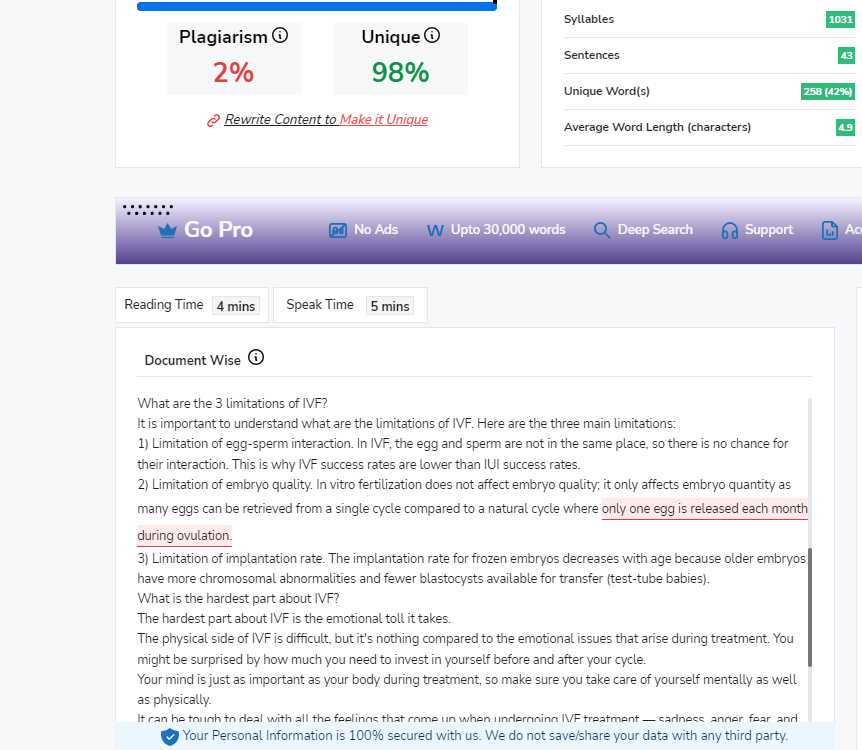
When it comes to in vitro fertilization (IVF), there are a lot of things to consider and a lot of things that can go wrong. That’s why it’s so important to be as prepared as possible and to know what to avoid during the IVF process.
One of the most important things to avoid during IVF is stress. Stress can have a negative impact on the success of IVF, so it’s important to find ways to relax and de-stress during the process.
There are a number of things that can help with this, including yoga, meditation, and spending time with friends and family.
Smoking and drinking can reduce your chances of getting pregnant during IVF. Alcohol can interfere with the success of IVF, and smoking can actually decrease the chances of IVF success.
If you’re trying to conceive, it’s best to avoid these things altogether.
It’s also important not to take certain medications during IVF.
Medications like anti-inflammatories and blood thinners can actually decrease the success of IVF, so it’s important to talk to your doctor about any medications you’re taking before starting the IVF process.
Finally, it’s important to avoid putting too much pressure on yourself during IVF. This process can be stressful enough without adding any additional pressure. Remember that the success of IVF depends on many factors, and even if everything goes perfectly, there’s no guarantee that you’ll conceive.
So, what should you avoid during IVF? Stress, alcohol, smoking, and certain medications are all things that can negatively impact the success of IVF. If you’re trying to conceive, it’s best to avoid these things and focus on relaxing and de-stressing as much as possible.
It is important to understand what are the limitations of IVF. Here are the three main limitations:
The hardest part about IVF is the emotional toll it takes.
The physical side of IVF is difficult, but it’s nothing compared to the emotional issues that arise during treatment. You might be surprised by how much you need to invest in yourself before and after your cycle.
Your mind is just as important as your body during treatment, so make sure you take care of yourself mentally as well as physically.
It can be tough to deal with all the feelings that come up when undergoing IVF treatment — sadness, anger, fear, and relief are just a few examples. And if you’re like most women who undergo fertility treatments, you’ll probably feel many different emotions more than once during this process.
Be diligent and constantly pay attention to your health. Always keep an eye on the symptoms that might appear during the IVF process, such as mood swings, fatigue, or headaches.
Take all the additional vitamins. There are a lot of unknowns when it comes to fertility hormones, but make sure you know what you should avoid during IVF treatment.
